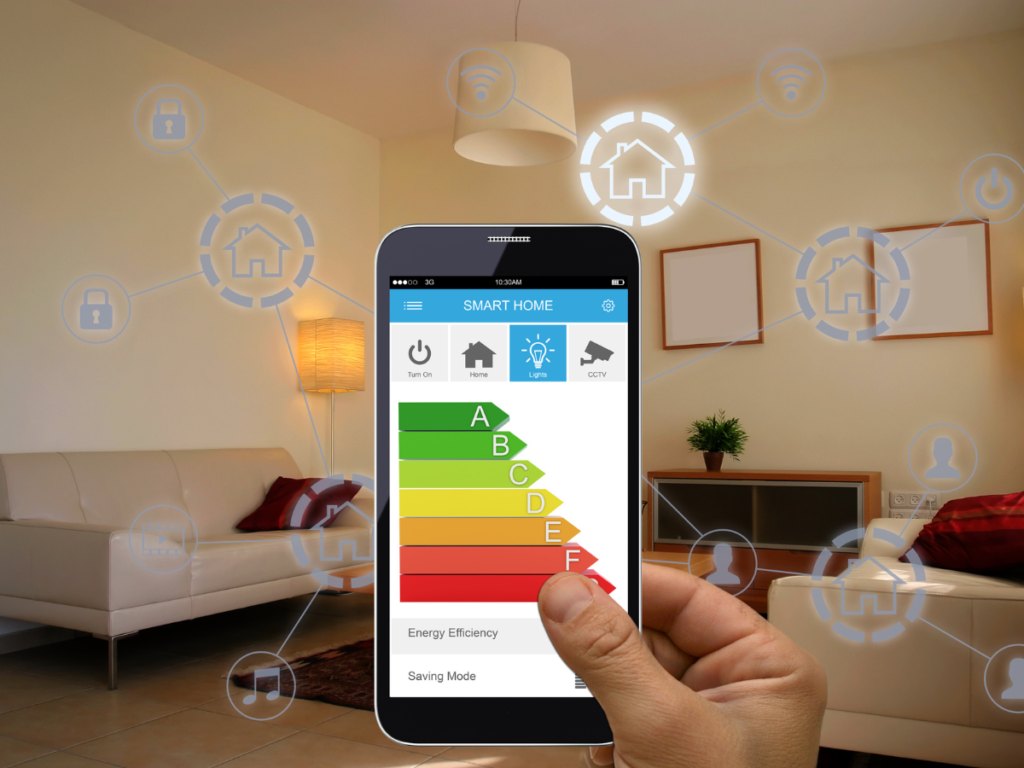UK house sellers use energy efficiency modifications to boost property value amid market constraints for environmental and cost-saving reasons.
According to recent study from home efficiency innovation platform Snugg, 75% of British people who want to sell their property in the next year would think about making energy-efficient improvements to raise its value.
Rising mortgage rates are keeping potential buyers away from the market as average house values continue to decline. According to Snugg, prospective sellers may now start looking to energy-efficiency improvements to increase their home’s selling potential.
Due to the promise of both lowering environmental impact (74%) and saving money on bills (75%), there is a growing desire for house improvements. However, there is still a great deal of uncertainty regarding the options available to homeowners looking to enhance energy efficiency.
Approximately 61% of prospective sellers have looked into government assistance for home heating upgrades in the past but were unsure of their eligibility. Similarly, 57% of respondents claim they have no idea how to improve the energy efficiency of their house.
In the meantime, 69% of respondents mistakenly think that only those with low incomes are qualified for government grants, and 65% believe they are ineligible for any subsidies at all.
The Boiler Upgrade Scheme is one instance of non-means-tested government support for green home repair; it offers subsidies of up to £7,500 towards the cost of installing a heat pump. All all, 68% of respondents said they would never upgrade their home’s energy efficiency without a government subsidy and think the government ought to pay for the installation of heat pumps in place of gas boilers.
Making it simpler for consumers to make their houses energy efficient, Snugg clarified that its own web platform can assist in creating a personalized energy efficiency improvement plan and connect them to pertinent grants, financing, and reliable local installers.

Lack of understanding is still a problem
A common problem among British people also turned out to be a lack of awareness about improvements to household energy efficiency. According to Snugg’s research, just 35% of British consumers are familiar with how energy-efficient heat pumps operate, while 70% are familiar with gas boilers.
Snugg CEO Robin Peters outlined the significance of increasing the energy efficiency of UK homes as follows: “Home energy efficiency improvements are known to increase value by up to £15,000, but sellers’ lack of access to available information on these changes could slow an already flagging property market.” Meanwhile, the UK’s homes are among the least energy-efficient in all of Europe, accounting for about 25% of the country’s CO2 emissions.
“People’s confusion is understandable given the disorganized nature of the present subsidy programs and the government’s inconsistent stance on net zero, which leaves householders with little assurance or clarity. We must make sure that everyone has access to the information required to make easy, inexpensive home improvements that can stimulate the real estate market and hasten the transition to net zero.
In the meantime, 16% of respondents had never heard of an Energy Performance Certificate (EPC) before to doing the study, and 42% of respondents were unsure of the rating of their property. Just 21% of British people know how much money they could be eligible for in grants for home heating. The East of England (75%) and the North East of England (81%) had the lowest rates of grant awareness, respectively.











